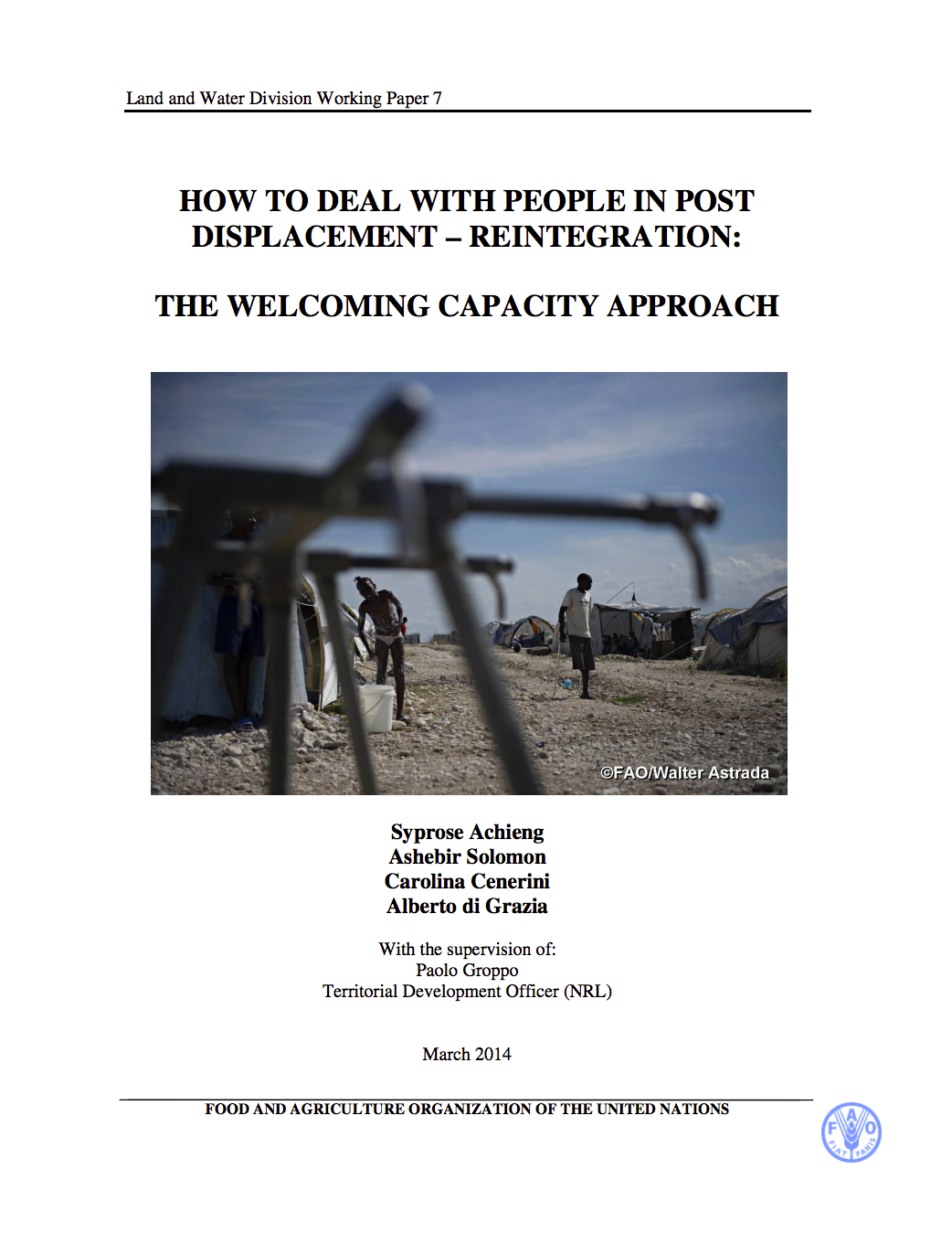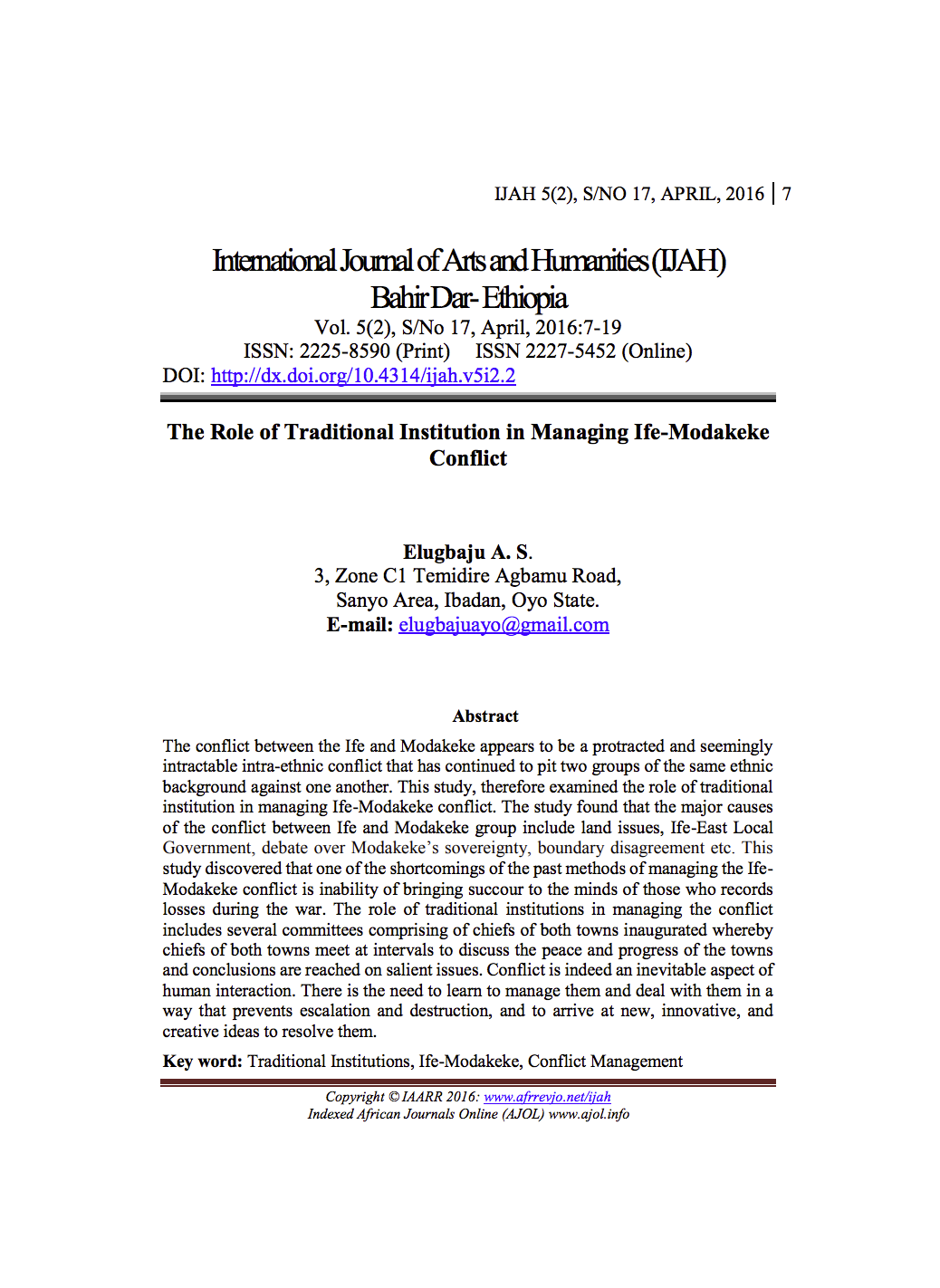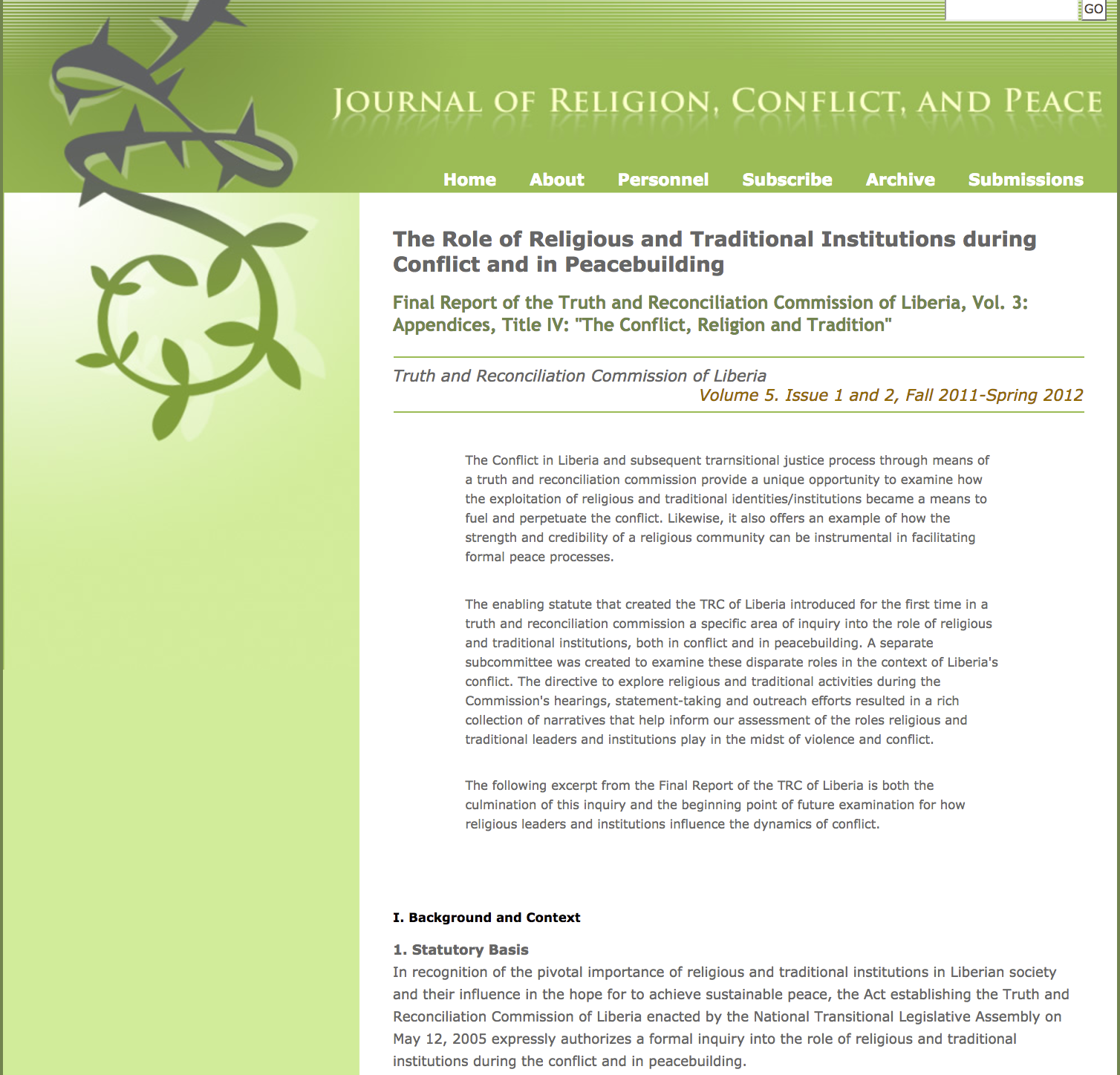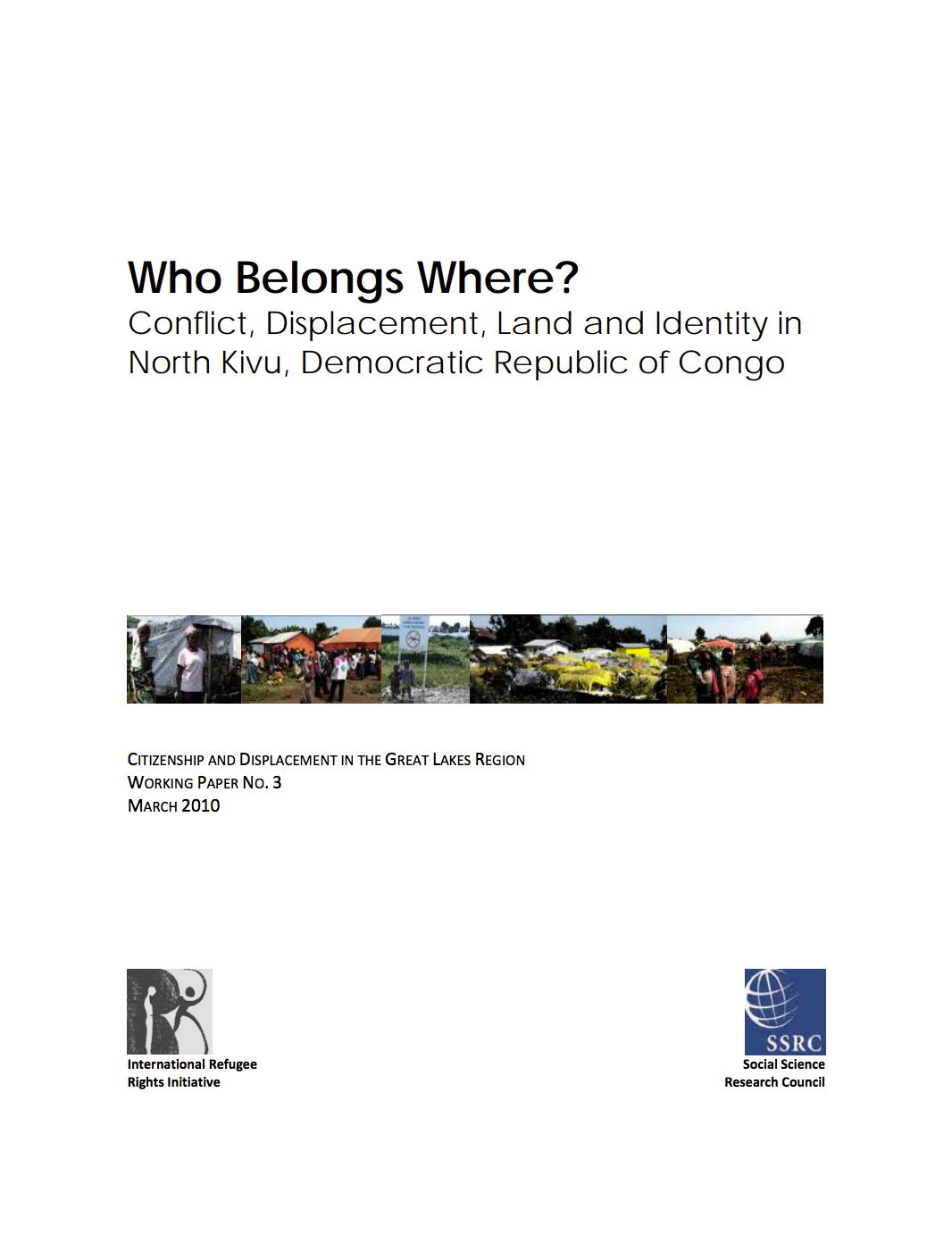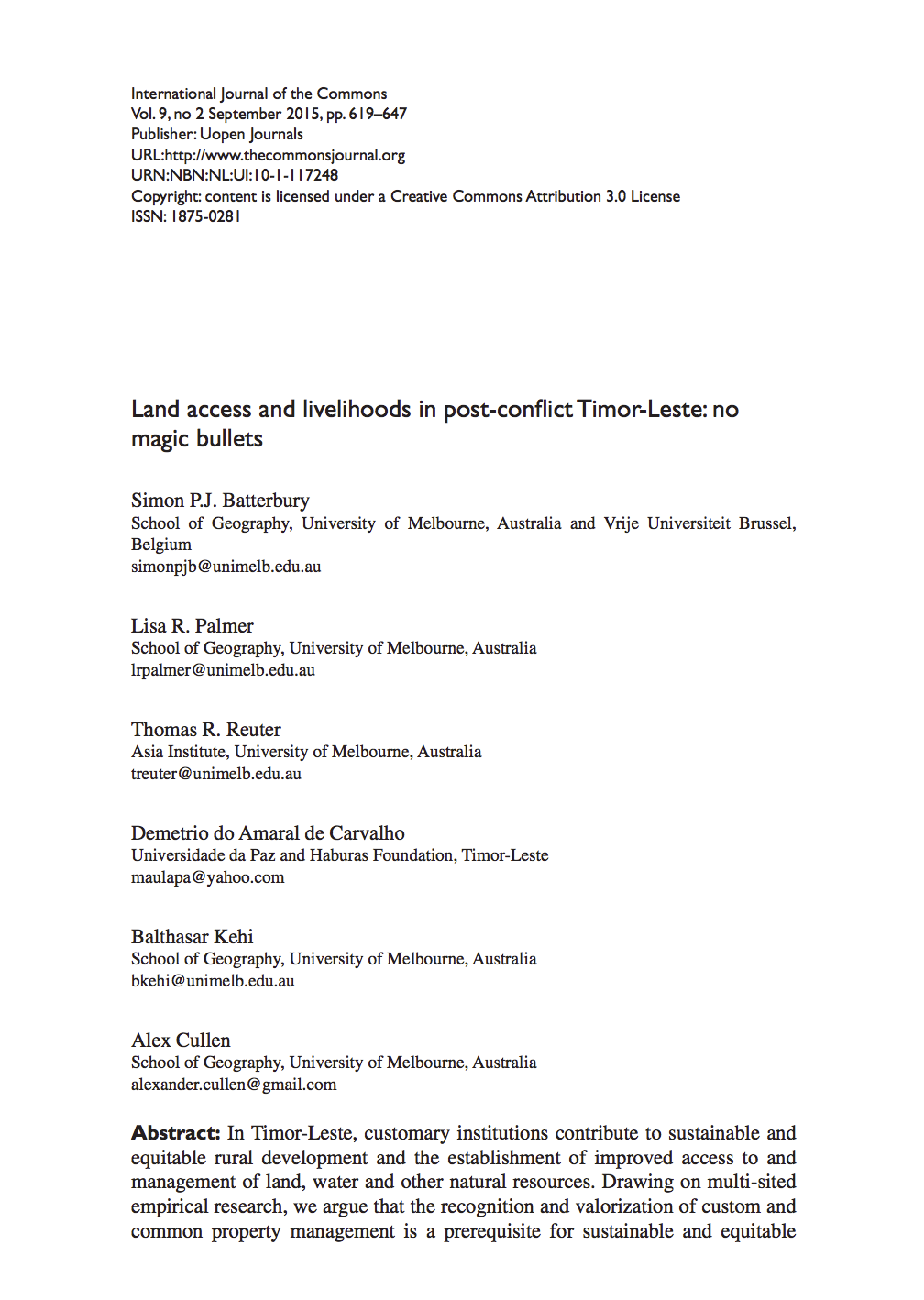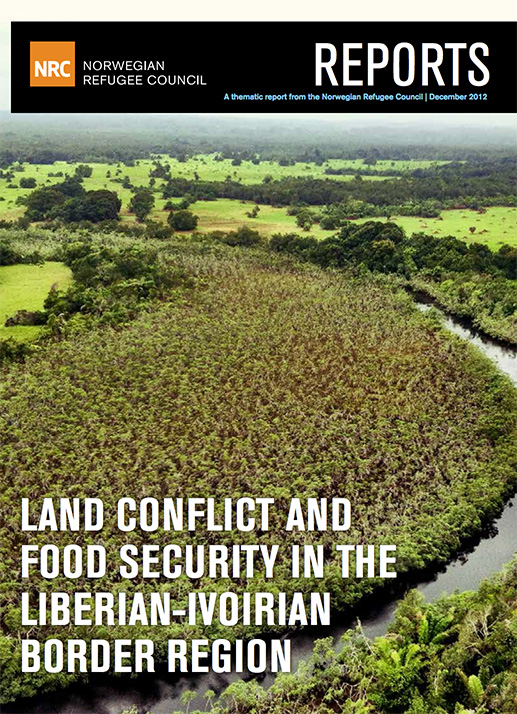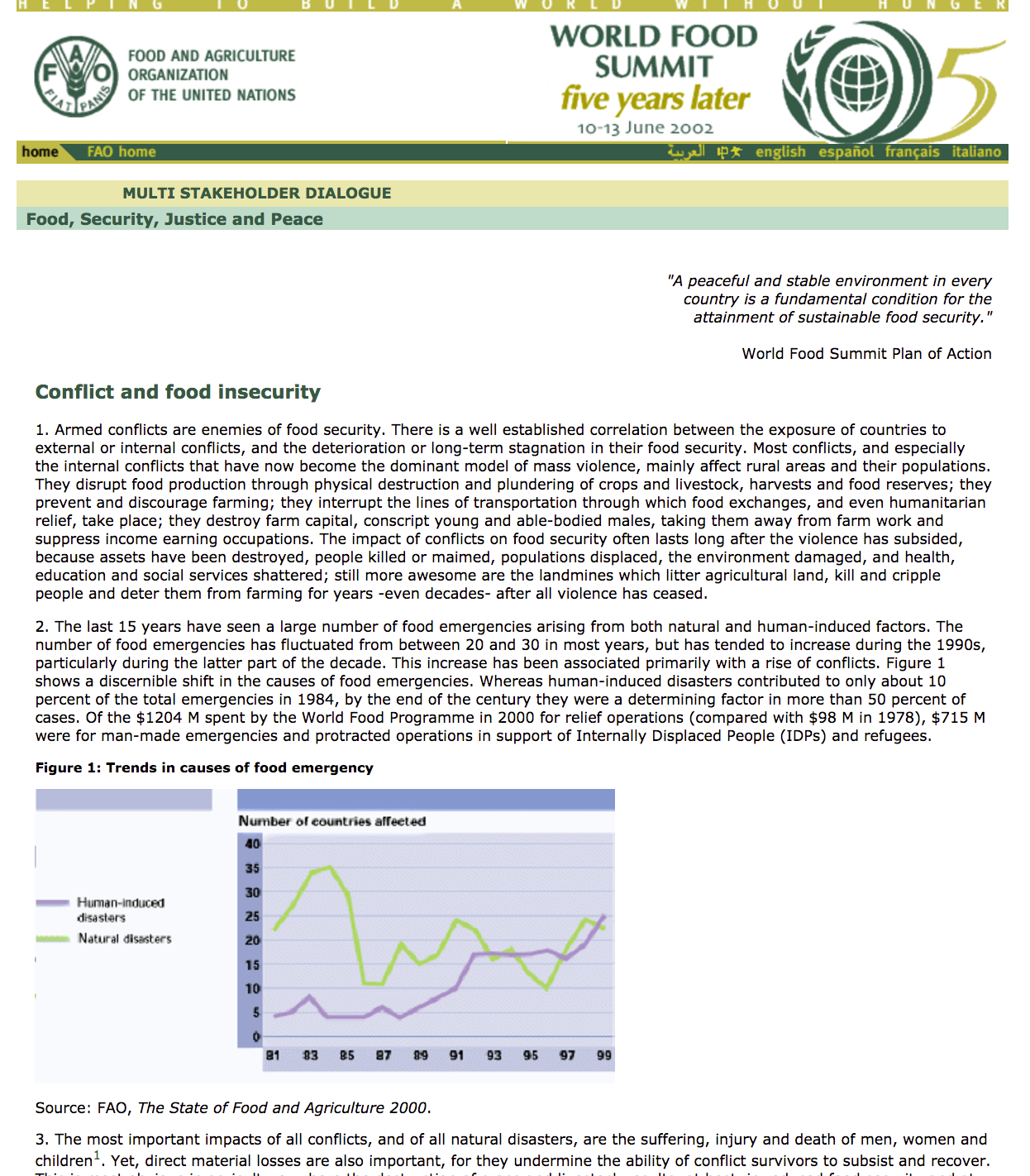How to deal with people in post displacement - reintegration: the welcoming capacity approach
In conflict situations, peace settlements and cease-fire agreements may often, end violent conflicts, but do not prevent renewed violence or guarantee a permanent end to conflicts.5 According to the World Bank, chances that renewed conflicts will erupt are high and even higher when control over natural resources is at stake.6 In the past two decades alone, Africa has experienced violent conflicts with successive cease-fire agreements and peaceful settlements, which have often been followed by outbreaks of new conflicts.

